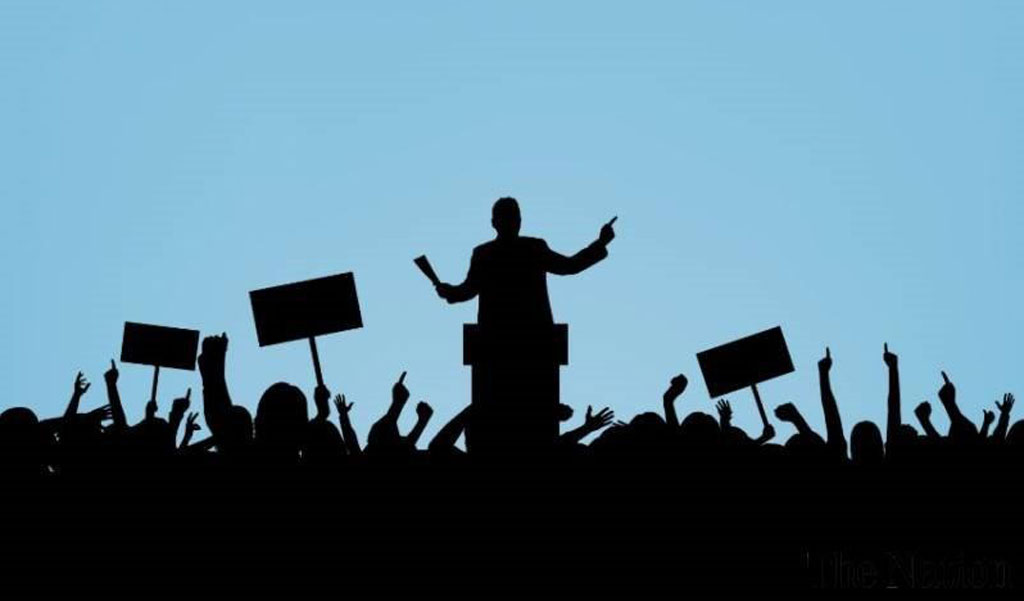
October 13, 2020
8:30-10:00am Washington (8:30-10:00pm Beijing)
中文
The surge of populist nationalism has become a global phenomenon, from the election of Donald Trump to Brexit to the success of the far-right parties in Europe. A nationalist contagion has taken hold, gaining electorally, reshaping mainstream politics and policies, as well as shifting the political, economic and cultural divide. The 2020 elections in the US will serve as a barometer of whether American populist nationalism is on the rise, or not.
Populist nationalism themes loom large in the 2020 election campaign, from trade policy to immigration to US-China relations. Taking advantage of rising antipathy towards China in the US, intensified by nationalistic sentiments, both President Trump and Joe Biden have amped up xenophobic attacks against each other for being soft on China. The panel will explore the attitudes that give rise to populist nationalism and how they have intensified partisan divisions that pose a threat to liberal democratic norms in the US, as well as the China factor in this election.
How are these attitudes reflected in terms of political and policy choices? How much has such attitudes contributed to the increase in hate crimes, particularly against Asian Americans? How will nationalist passions on both sides translate into specific strategic, economic, and business policies? Is the decoupling of the US-China technology relationship inevitable? What is driving each country to restrict the cross-border flow of goods, knowledge, capital, people, and ideas? Is the current expression of anti-China mindset and populist nationalism temporary, or more structural and permanent? And if populist nationalism becomes America’s new normal, will it threaten American democracy?
Speakers
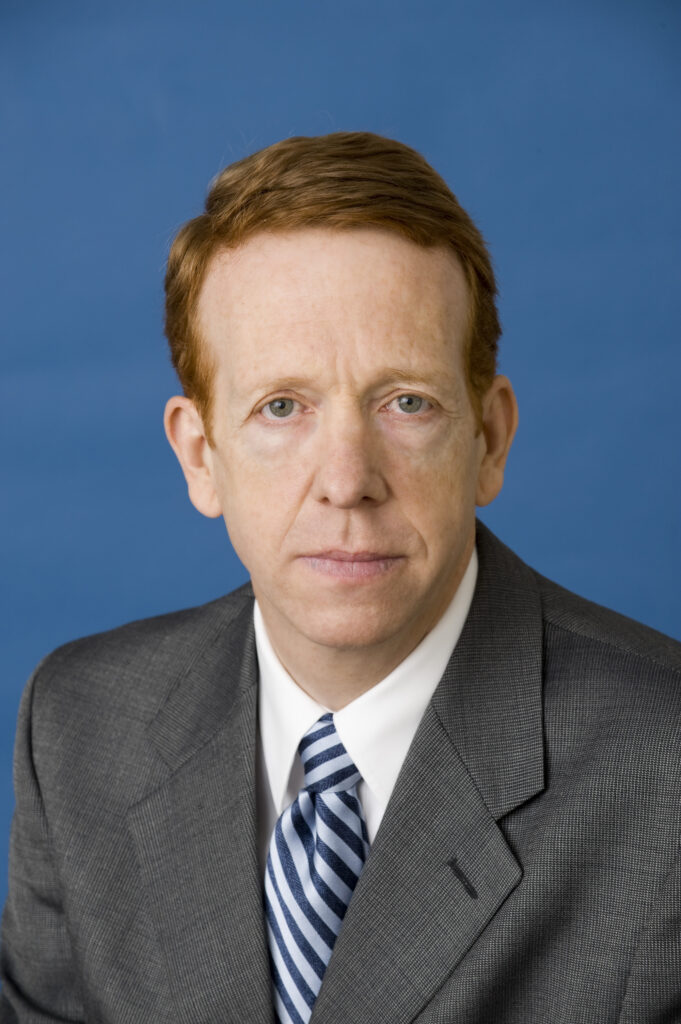
Thomas Carothers
Vice President, Carnegie Endowment for International Peace
Thomas Carothers is senior vice president for studies at the Carnegie Endowment for International Peace. In that capacity he oversees all of the research programs at Carnegie. He also directs the Democracy, Conflict, and Governance Program and carries out research and writing on democracy-related issues. Carothers is a leading authority on international support for democracy, human rights, governance, the rule of law, and civil society. He is the author or editor of ten critically acclaimed books and many articles in prominent journals and newspapers, including most recently, Democracies Divided: The Global Challenge of Political Polarization (Brookings Press, 2019, co-edited with Andrew O’Donohue).
Link to Full Biography Here
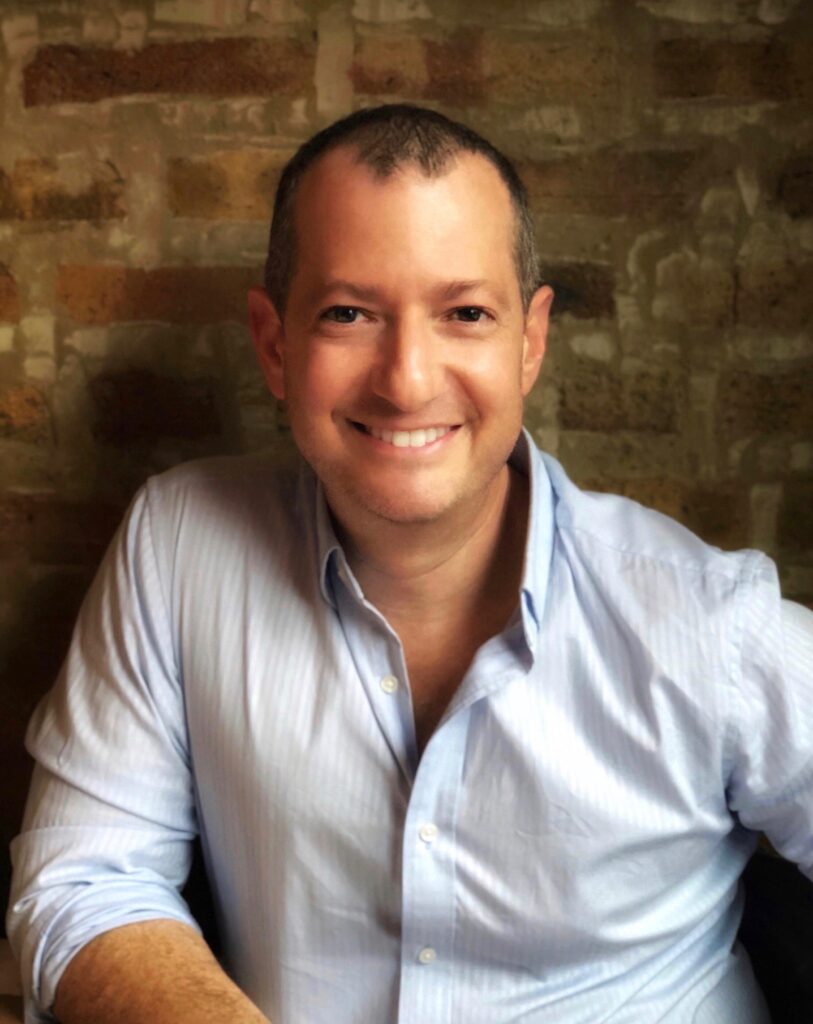
Evan Feigenbaum
Vice President, Carnegie Endowment for International Peace
Evan A. Feigenbaum is vice president for studies at the Carnegie Endowment for International Peace, where he oversees research in Washington, Beijing and New Delhi on a dynamic region encompassing both East Asia and South Asia. He is also the 2019-20 James R. Schlesinger Distinguished Professor at the Miller Center of Public Affairs at the University of Virginia. From 2001 to 2009, he served at the U.S. State Department as deputy assistant secretary of state for South Asia (2007–2009), deputy assistant secretary of state for Central Asia (2006–2007), member of the policy planning staff with principal responsibility for East Asia and the Pacific (2001–2006), and an adviser on China to Deputy Secretary of State Robert B. Zoellick, with whom he worked closely in the development of the U.S.-China senior dialogue.
Link to Full Biography Here
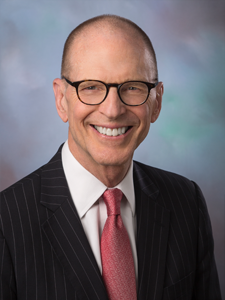
William Zarit
Senior Counselor, The Cohen Group
The Honorable William Zarit advises major Chinese companies on how to navigate the US investment market and helps US multinationals working in the Chinese commercial environment. He also serves as Chairman of the Board for the American Chamber of Commerce in China. Until May 2014, Mr. Zarit was Minister for Commercial Affairs at the US Embassy in Beijing, overseeing the US Department of Commerce’s trade promotion and trade policy activities in its operations in Beijing, Chengdu, Guangzhou, Shanghai, and Shenyang. He retired with the rank of Career Minister. Prior to his posting to Beijing, Mr. Zarit was Deputy Assistant Secretary, International Operations, for the US Commercial Service, overseeing Commercial Sections in US Embassies and Consulates worldwide.
Link to Full Biography Here
Moderator
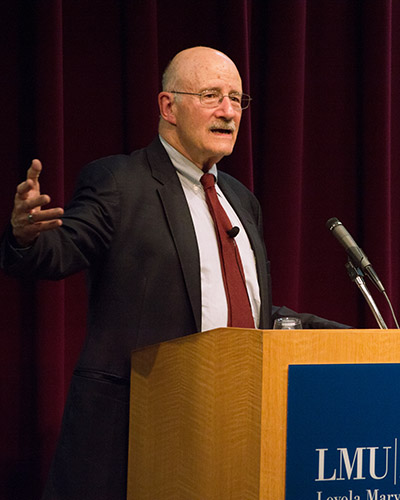
Robert Kapp
President, Robert A. Kapp & Associates
Dr. Robert A. Kapp is president of Robert A. Kapp & Associates, and former President of The US-China Business Council. His firm provides consulting services to companies and nonprofit organizations seeking to develop successful activities with China or to engage with policy makers in the field of U.S.-China relations. Dr. Kapp is Special Advisor, Planning and Publication, for the US-China Education Trust. From April 1994 to November 2004, Dr. Kapp served as president of The US-China Business Council, the principal organization of American companies engaged in trade and investment with China. In addition to guiding the business services, publications, and program activities of the US-China Business Council from its offices in Washington, Beijing and Shanghai, Dr. Kapp regularly represented the American business community engaged with China, in both Washington and Beijing.
Link to Full Biography Here
美国的新常态?民粹民族主义在美国的极端化
民粹民族主义的兴起已经成为了一个全球性的现象:从特朗普当选美国总统、英国脱欧到极右政党在欧洲的崛起,民族主义的疫病在全球范围上不断发展壮大,以至于得以重塑主流政治格局,改变诸多国家的政策,扩大了政治、经济及文化上的分歧。2020 年美国的总统选举无疑将会是一个美国民粹民族主义崛起的风向标。
从贸易政策、移民到中美关系的议题,民粹民族主义的阴影早已在 2020 美国大选的选举活动中浮现。两党竞选人特朗普总统和拜登都在利用被民族主义情绪所助长的日益高涨的对中国的反感,攻击对方在中国政策上过于软弱,加强了仇外的攻击。在这场研讨会中,受邀嘉宾将会讨论以下问题:民粹民族主义兴起的原因,以及这些因素又是如何使得美国两党的分歧不断扩大,以至于这种分歧开始威胁到美国自由民主的价值观;中国因素在此次选举中的影响。
这些因素在政策和政治的选择上有何影响?在多大程度上助长了美国的仇恨犯罪,尤其是那些针对亚裔美国人的?嘉宾们还会继续分析这些问题:两党的民族主义热情是如何影响他们的特定战略、经济和商业政策立场的?中国与美国在科技领域的脱钩是不是不可避免的?是哪些因素致使两国限制商品、知识、资本、人才和创新的跨国流通?当下美国的民粹民族主义是暂时性的,还是说更多是结构性的,又更或是永久性的变化?如果民粹民族主义将成为美国的新常态,它会威胁到美国的民主制度吗?
受邀嘉宾

托马斯 · 卡罗瑟斯(Thomas Carothers)
卡内基国际和平基金会副主席
作为卡内基国际和平基金会研究方向副主席,托马斯·卡罗瑟斯负责监督卡内基所有的研究项目,直接领导民主、冲突及管治项目(Democracy, Conflict and Governance Program),并参与民主相关议题的研究和创作。卡罗瑟斯无疑是国际民主、人权、政府管治、法治和公民社会等议题上的权威。他曾经撰写和编辑了十本饱受好评的书籍,在国际知名学术期刊和媒体报刊上发表了许多文章,亦包括 2019 年他与安德烈·奥多诺修(Andrew O’Donohue)合著的《分裂的民主世界:全球政治极端化的挑战》。

方艾文(Evan Feigenbaum)
卡内基国际和平基金会副主席
方艾文(Evan A. Feigenbaum)是卡内基国际和平基金会的副主席,负责卡内基在华盛顿、北京和新德里开展的一系列关于东亚和南亚的研究项目。他也同时担任美国维吉尼亚大学米勒公共事务中心 2019-2020 年度詹姆斯·施莱辛格卓越教授职位。从 2001 年到 2009 年,方艾文曾任美国国务院负责南亚事务的副助理国务 (2007-2009),负责中亚事务的副助理国务卿(2006-2007),东亚和太平洋地区政策规划租成员(2001-2006),以及副国务卿罗伯特•佐利克的中国问题顾问,密切协助佐利克推动中美高层对话。

蔡瑞徳(William Zarit)
科恩集团高级顾问
蔡瑞徳帮助大型的中国企业投资和开拓美国市场,协助美国跨国公司实现其在中国的商业目标。同时,他还是中国美国商会的理事会主席。 在 2014 年 5 月之前,蔡瑞徳先生曾任美国驻华大使馆商务公使,负责管理、推动和协调美国商务部驻北京、成都、广东、上海和沈阳使领馆商务处的贸易促进、贸易政策和贸易谈判的工作。他以职业部长(Career Minister)的级别退休。常驻北京之前,蔡瑞徳先生在美国商务部商务服务局任助理部长一职,负责管理美国驻世界各国使领馆商务处的工作。
主持人

柯白 (Robert Kapp)
柯氏策略咨询公司主席
柯白博士是柯氏策略咨询公司主席、美中贸易全国委员会前任主席。他的公司向意图在中国开展业务的公司和非营利组织提供服务,并向他们提供与制定中美关系政策的人员接触的渠道。柯白博士也是美中教育基金的特派顾问(筹划与出版)。从 1994 年 4 月到 2004 年 11 月,柯白博士曾任美中贸易全国委员会会长;美中贸易全国委员会是在华投资贸易的美国企业群体的主要代表组织。在指导商业活动、出版以及组织美中贸易全国委员会在华盛顿、北京和上海办公室活动之外,柯白博士亦经常代表美国商业团体在华盛顿与北京与中国官方接触。
